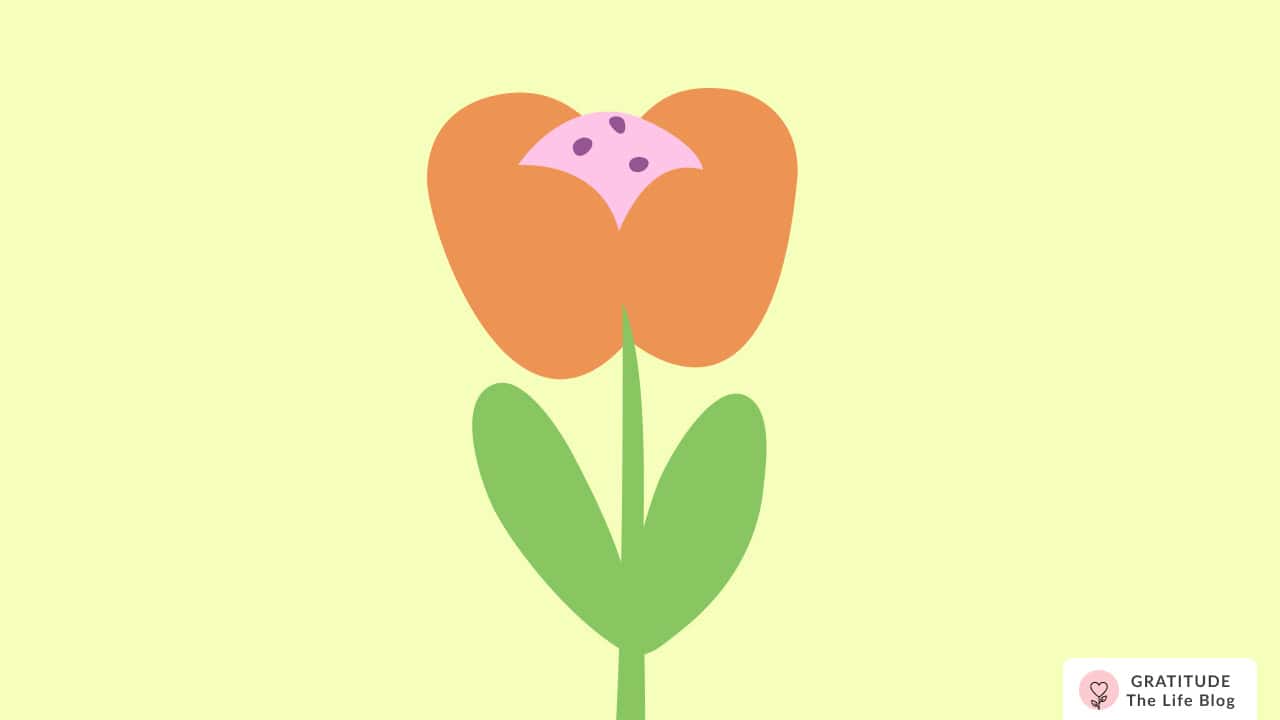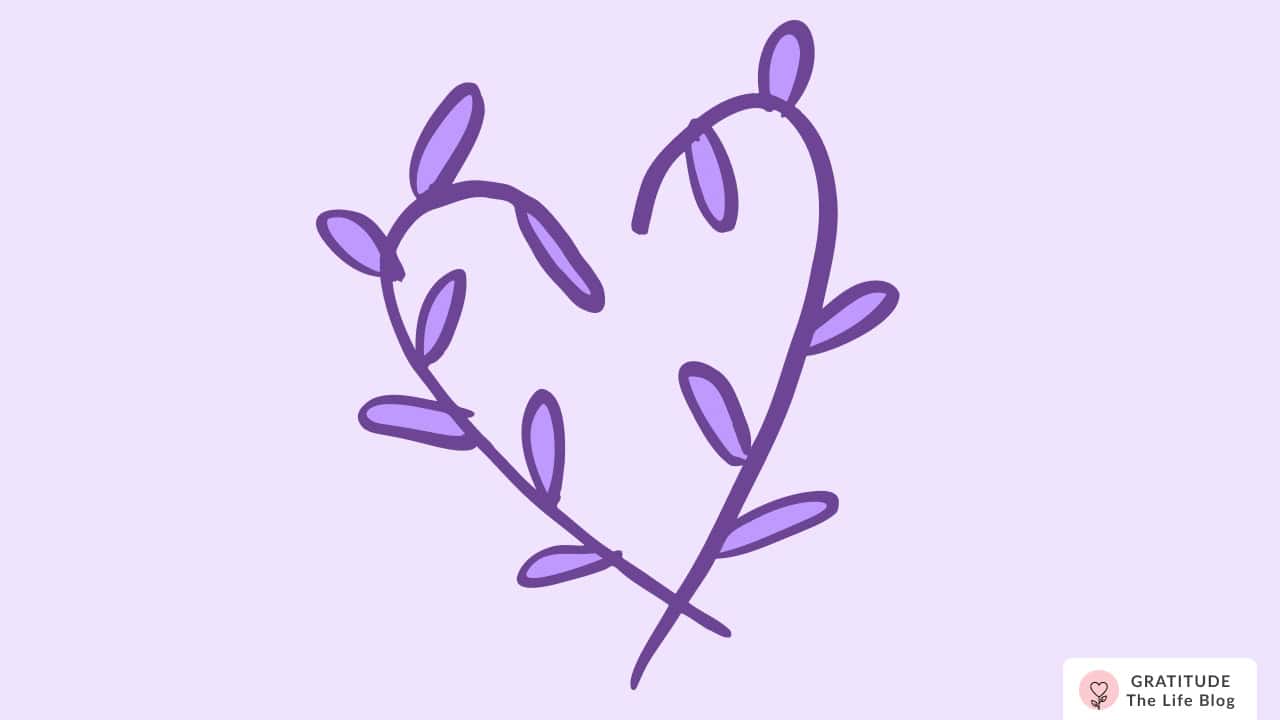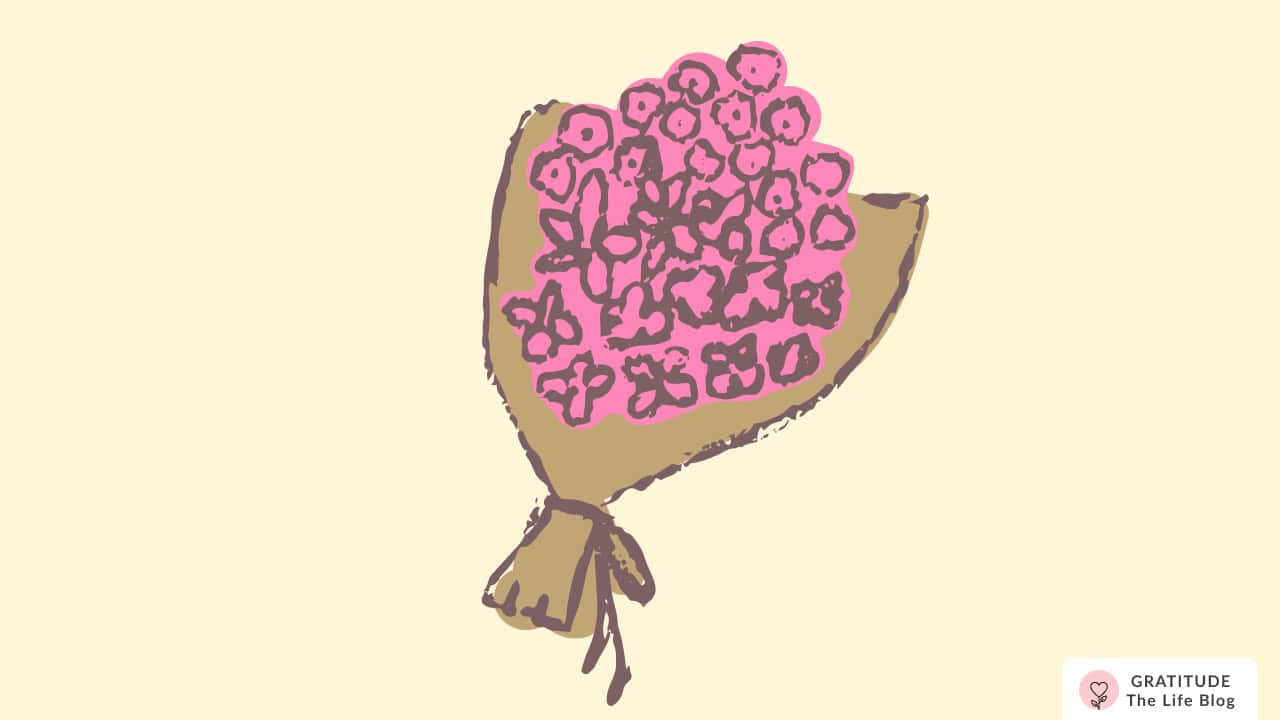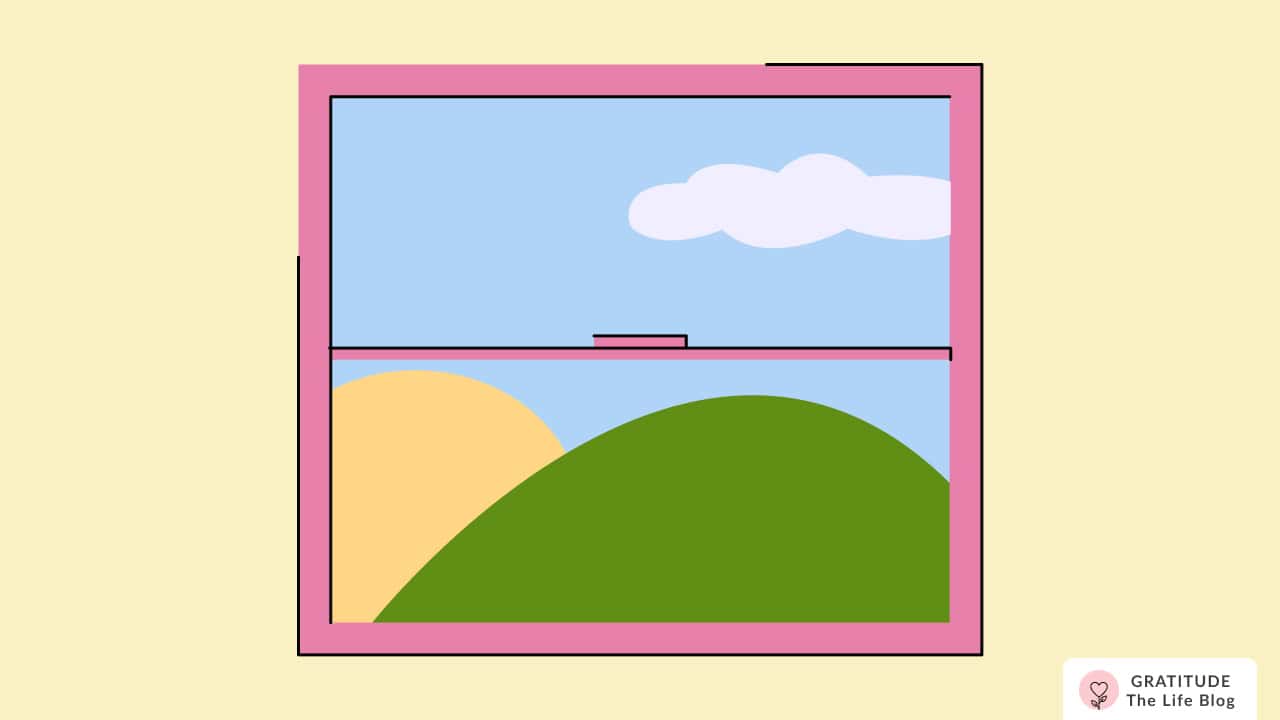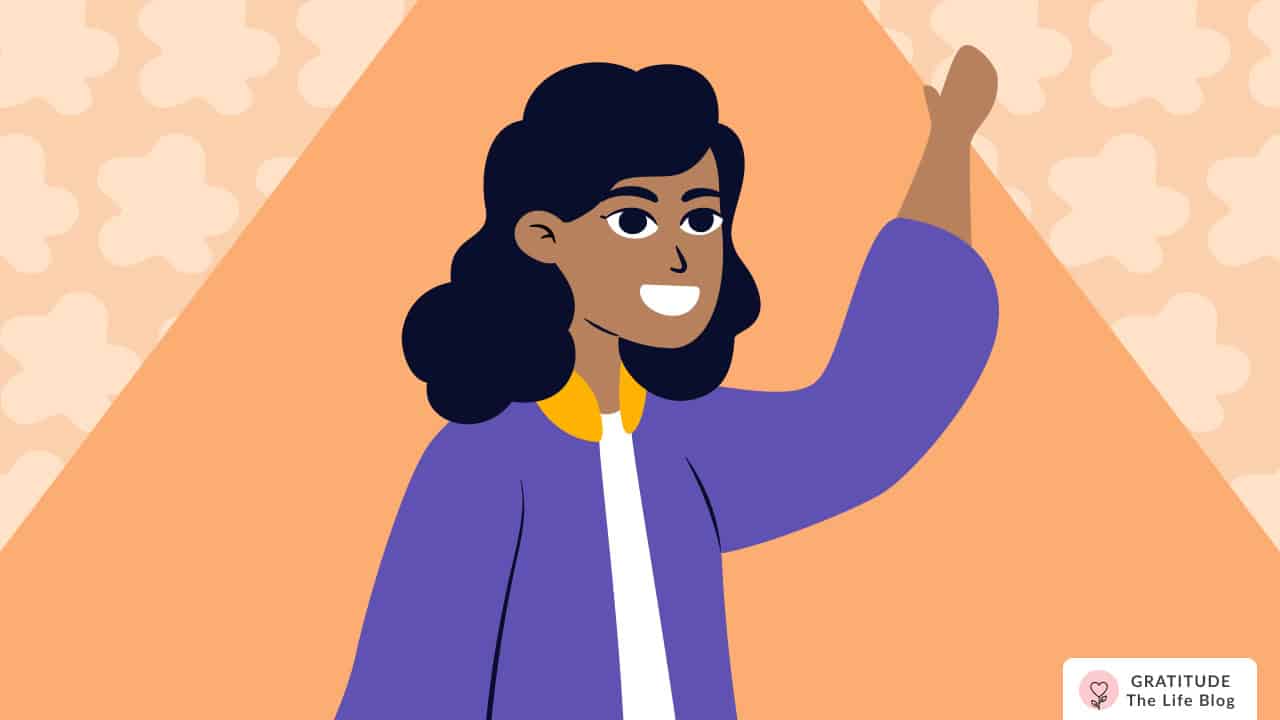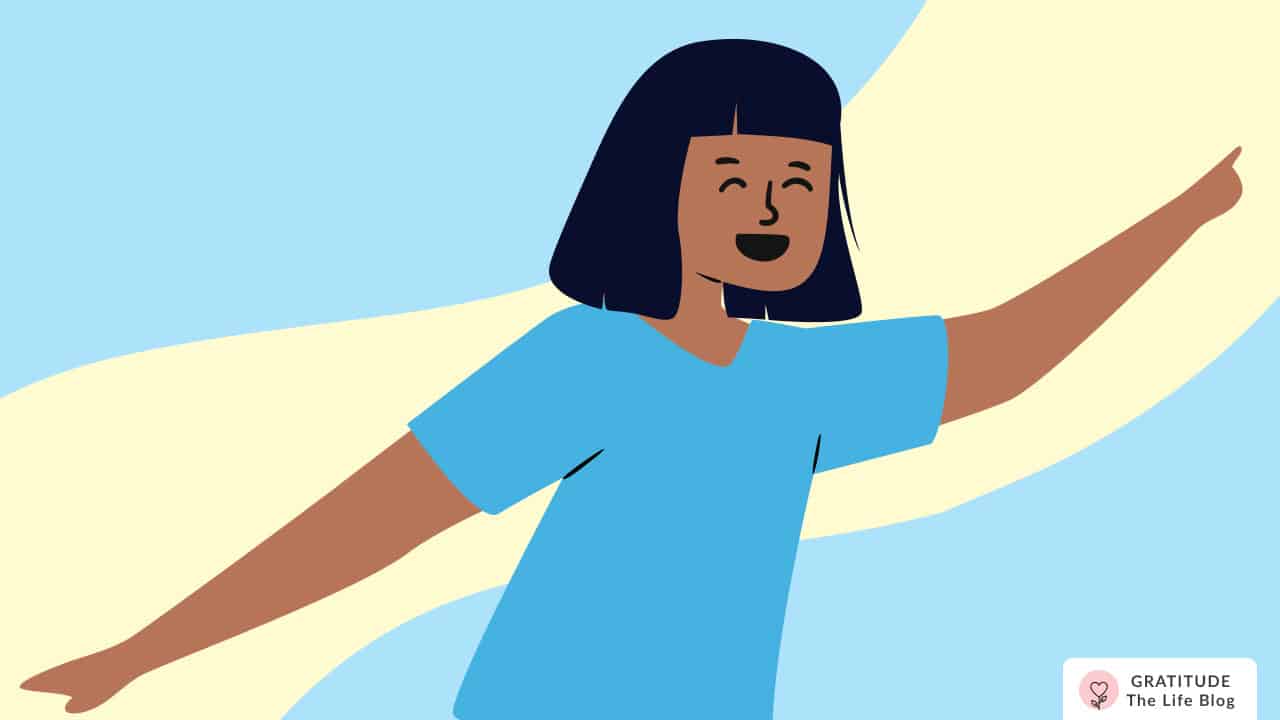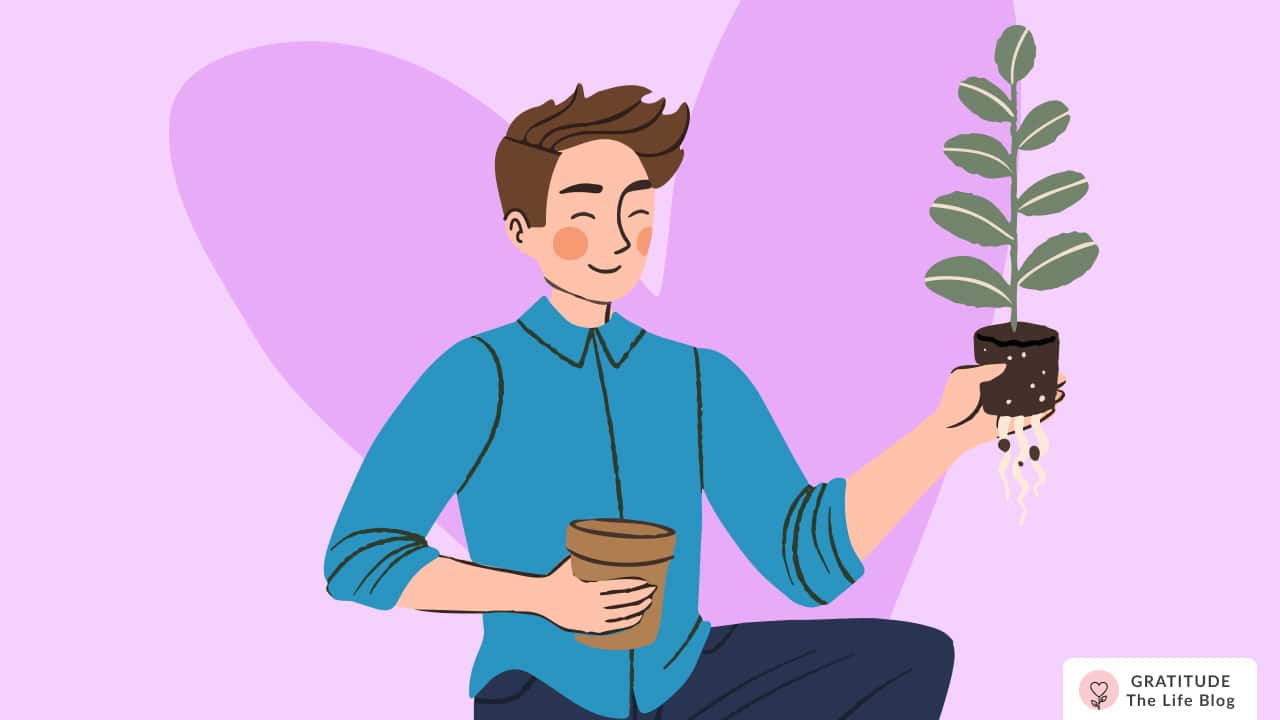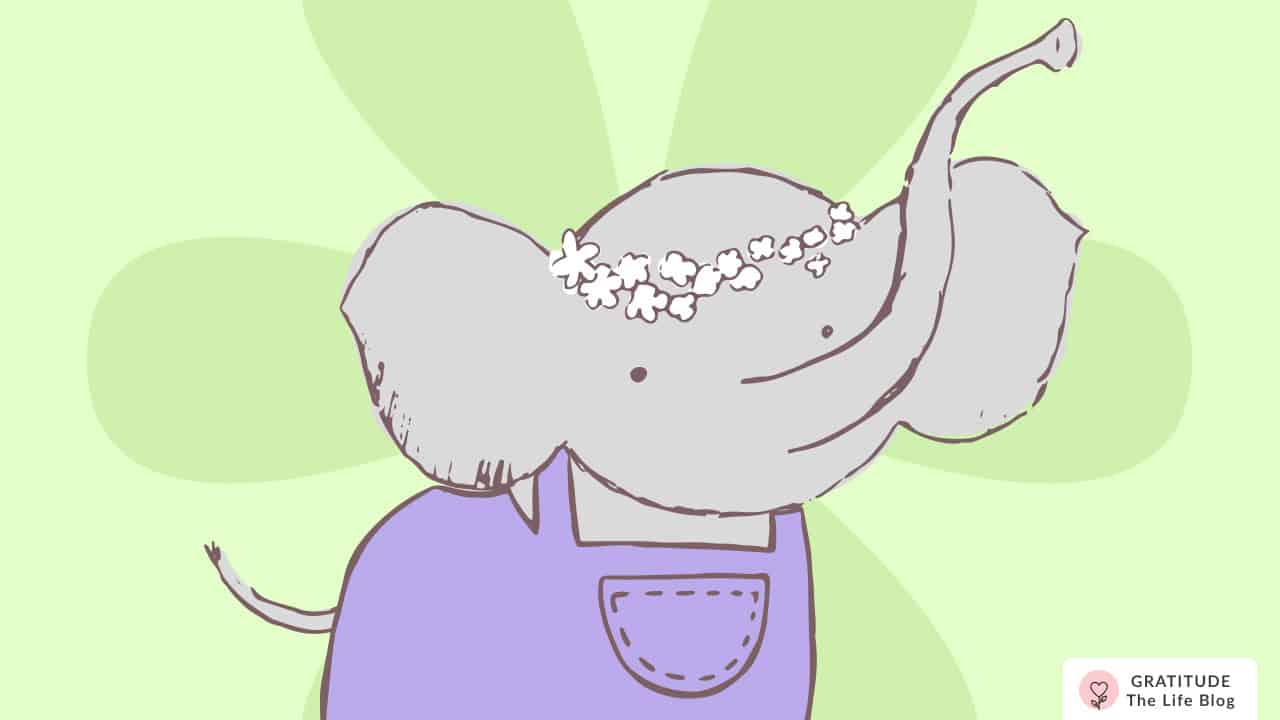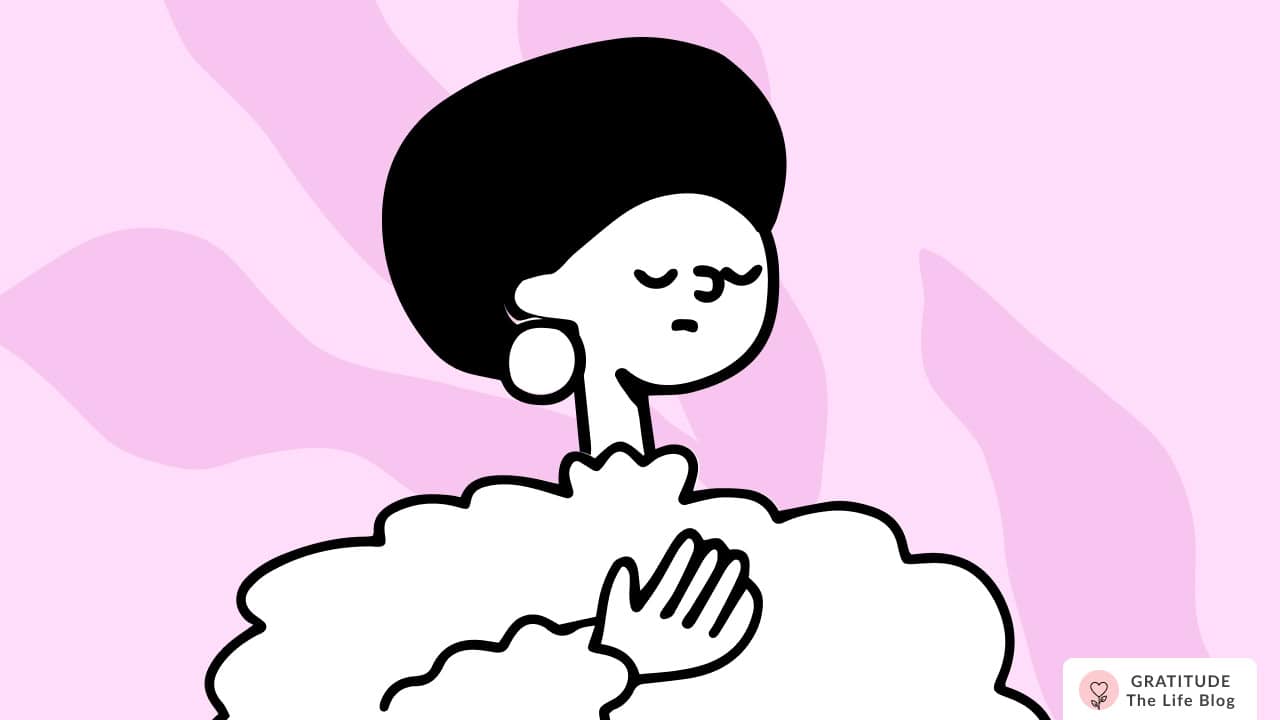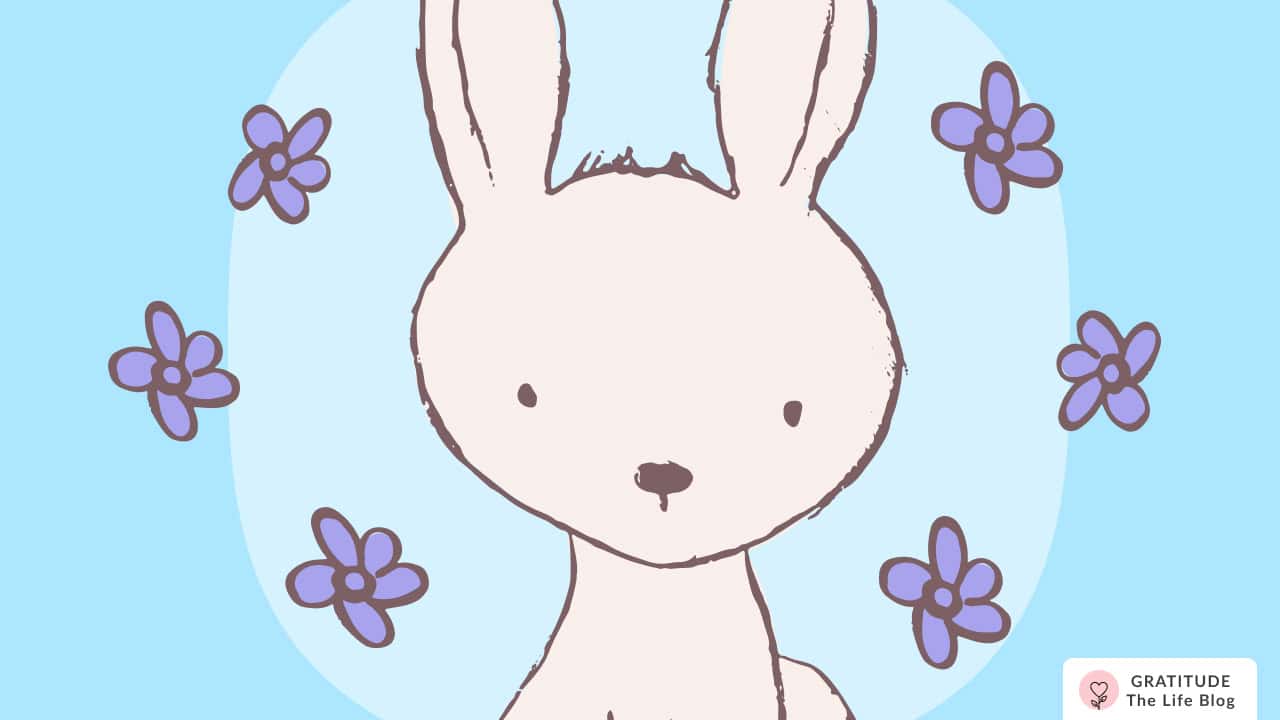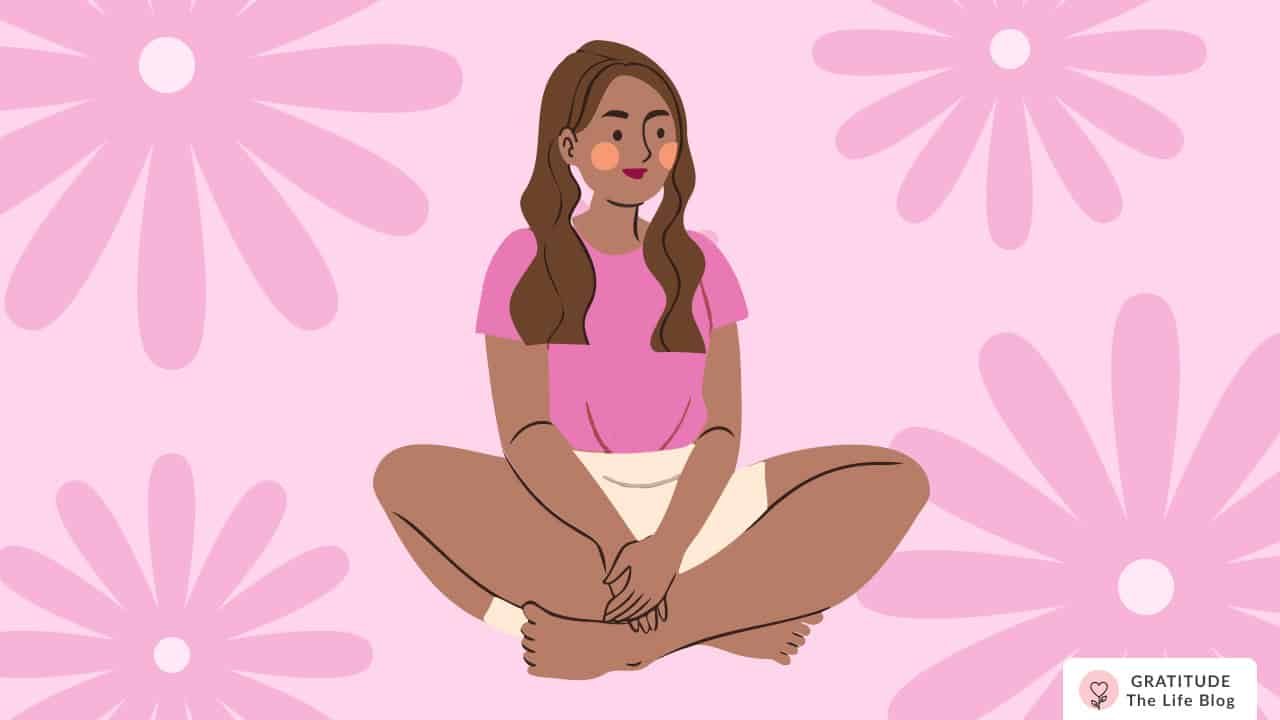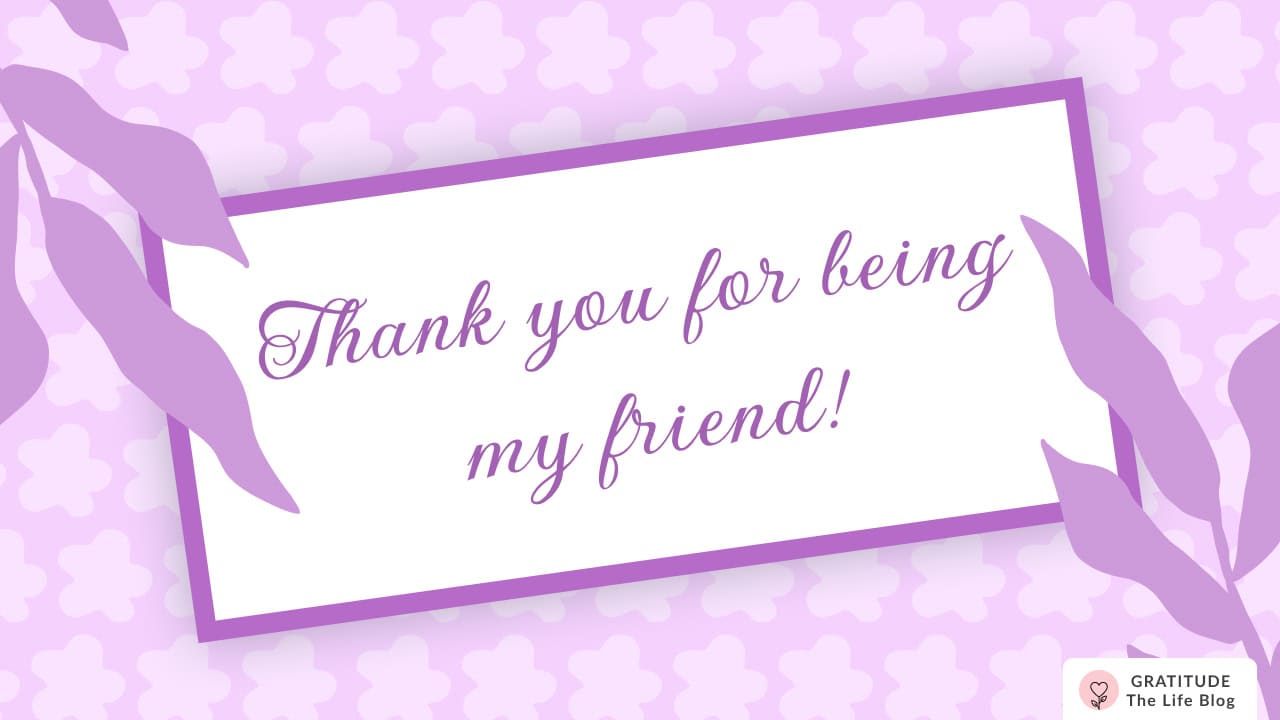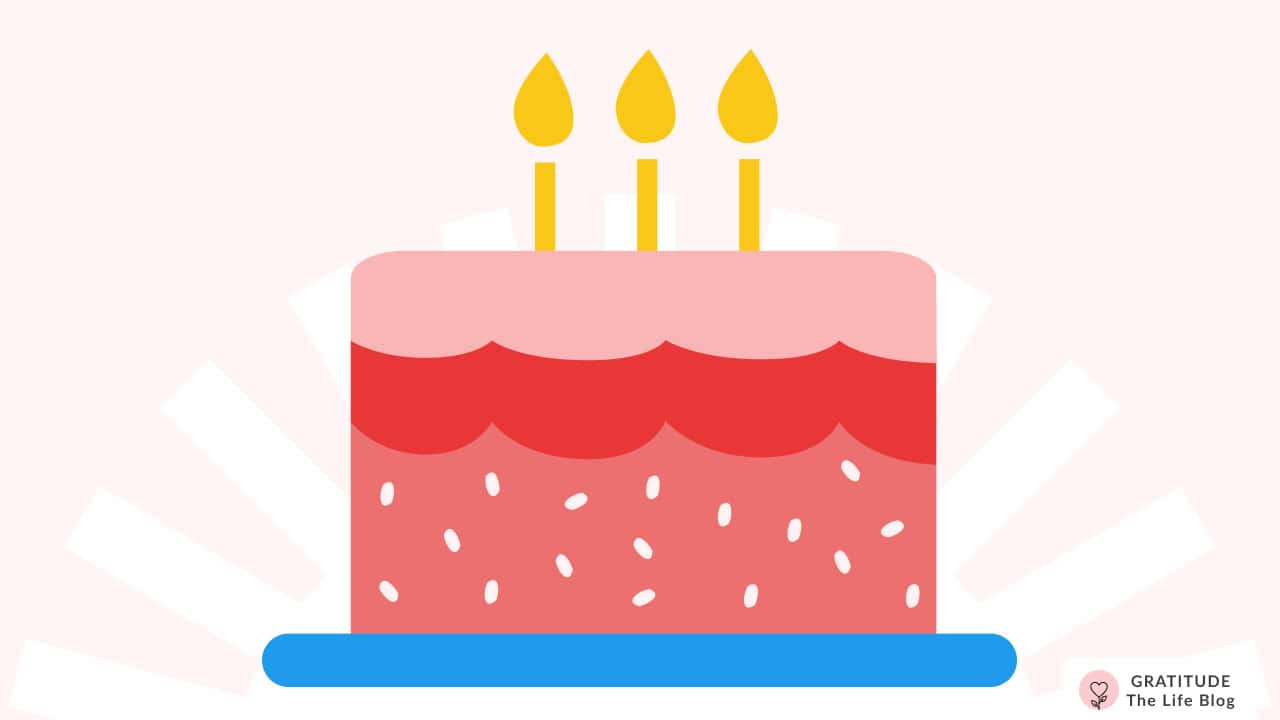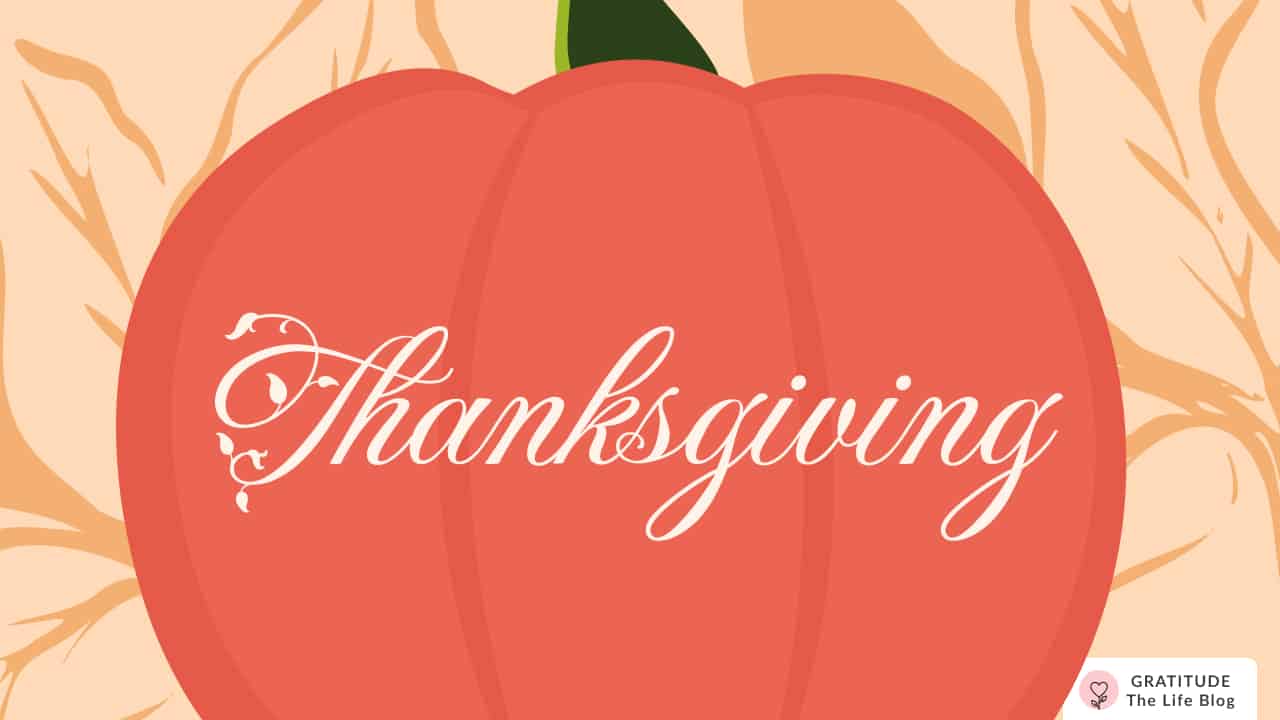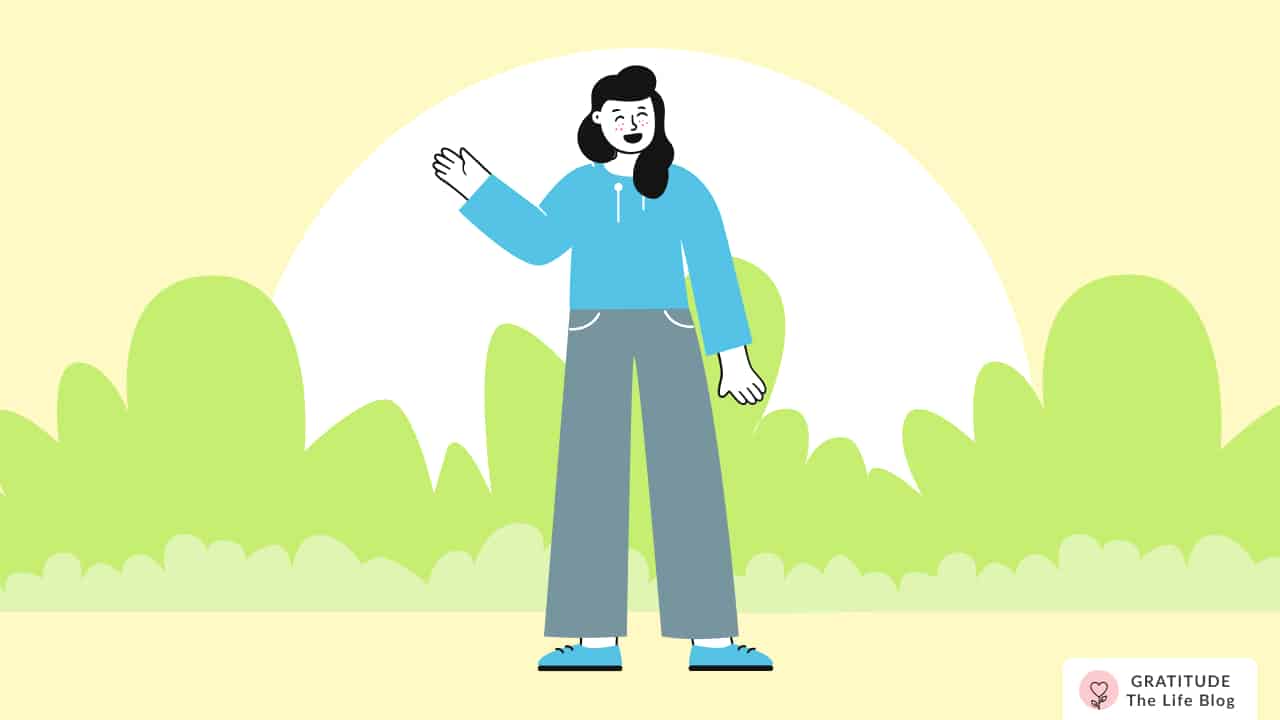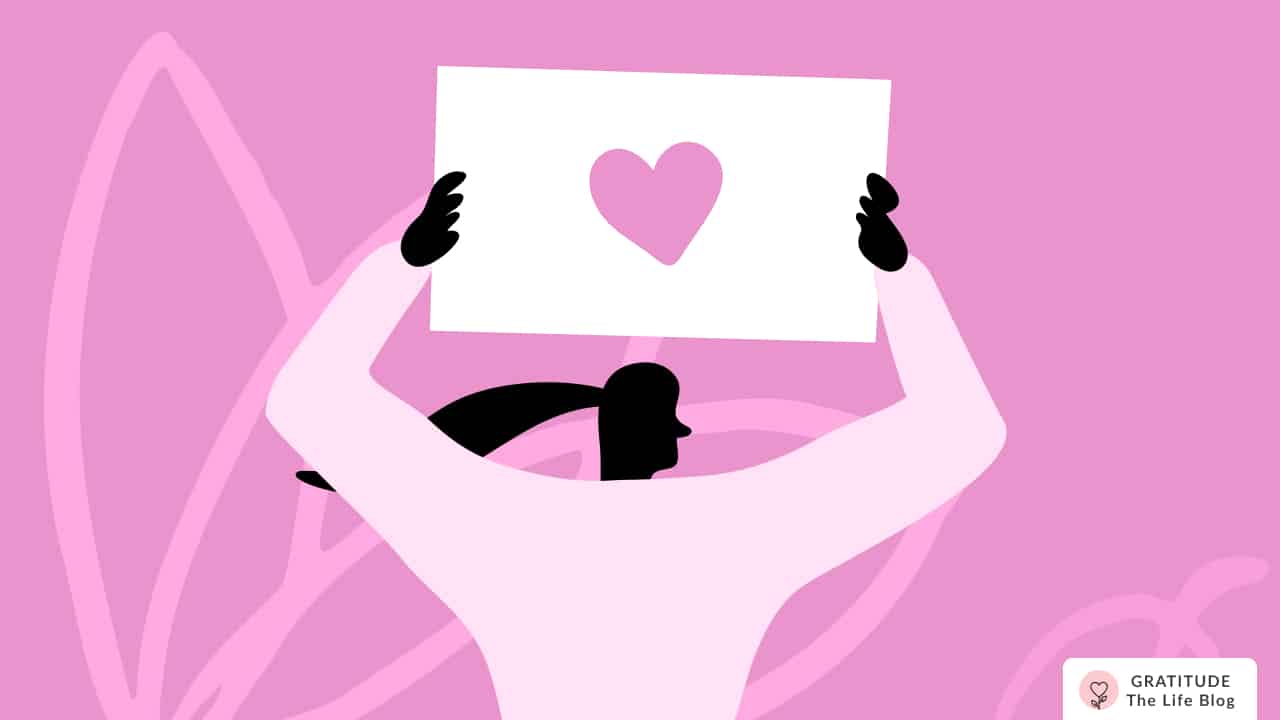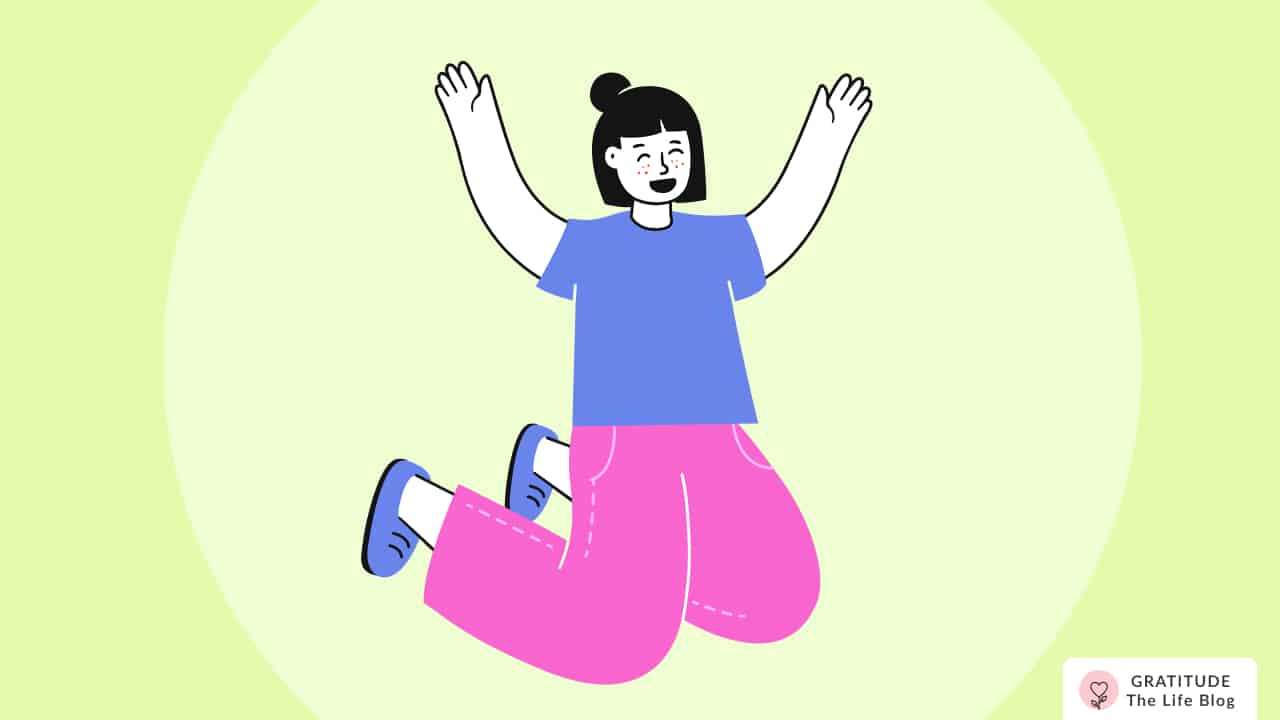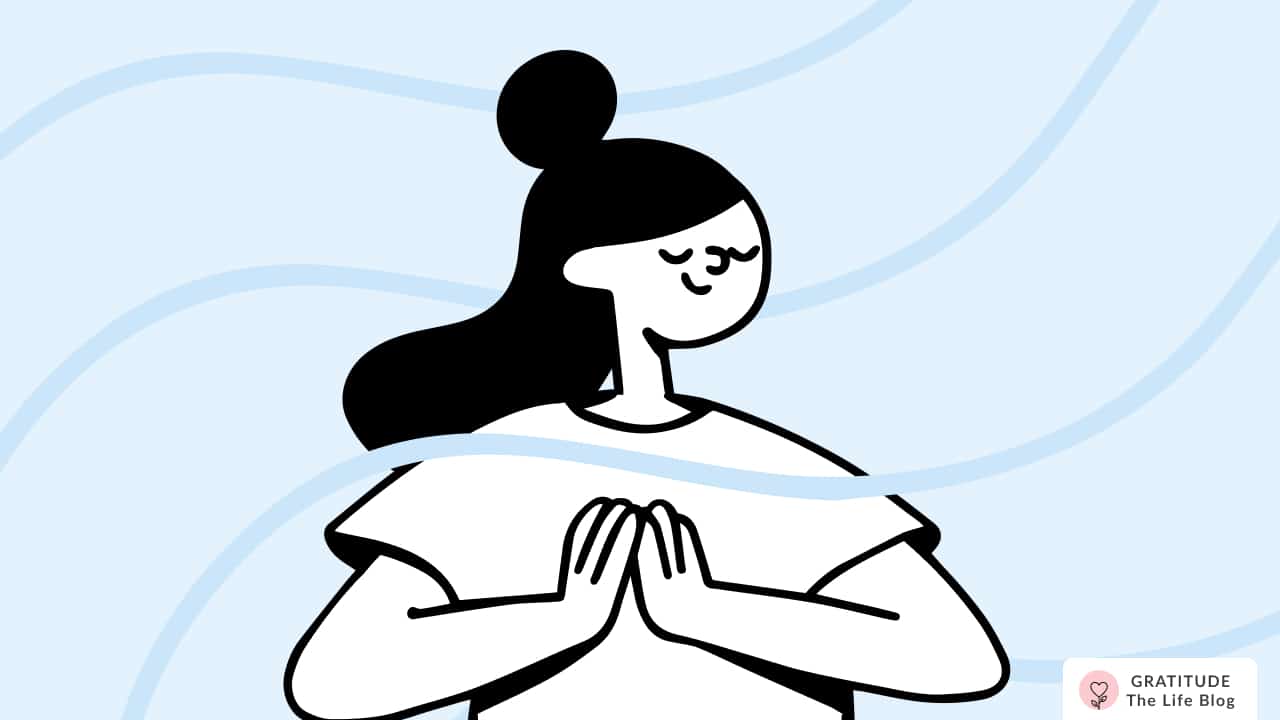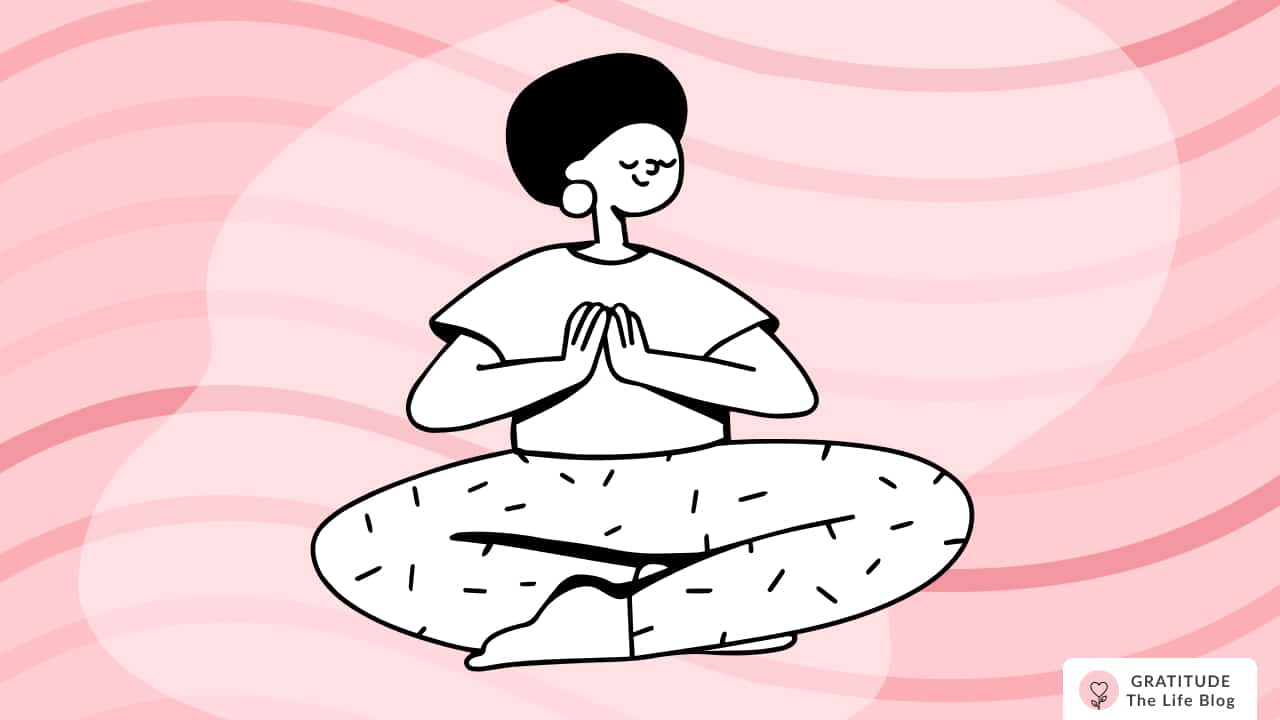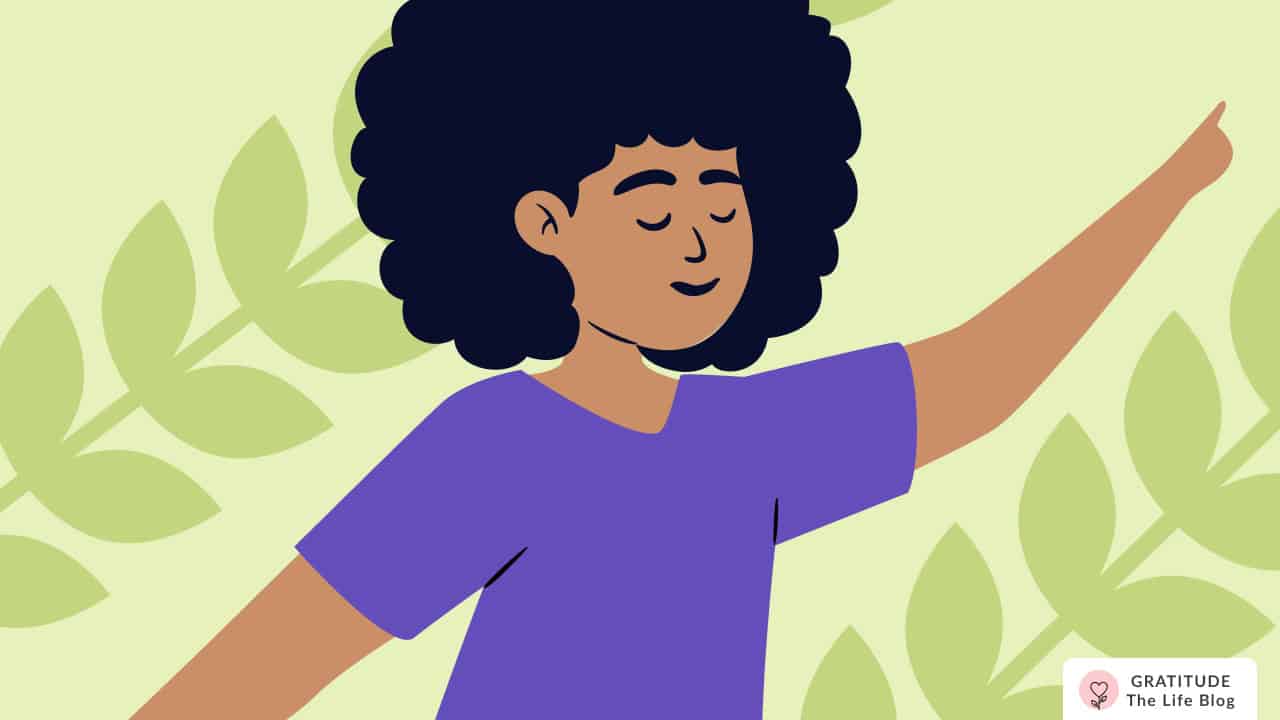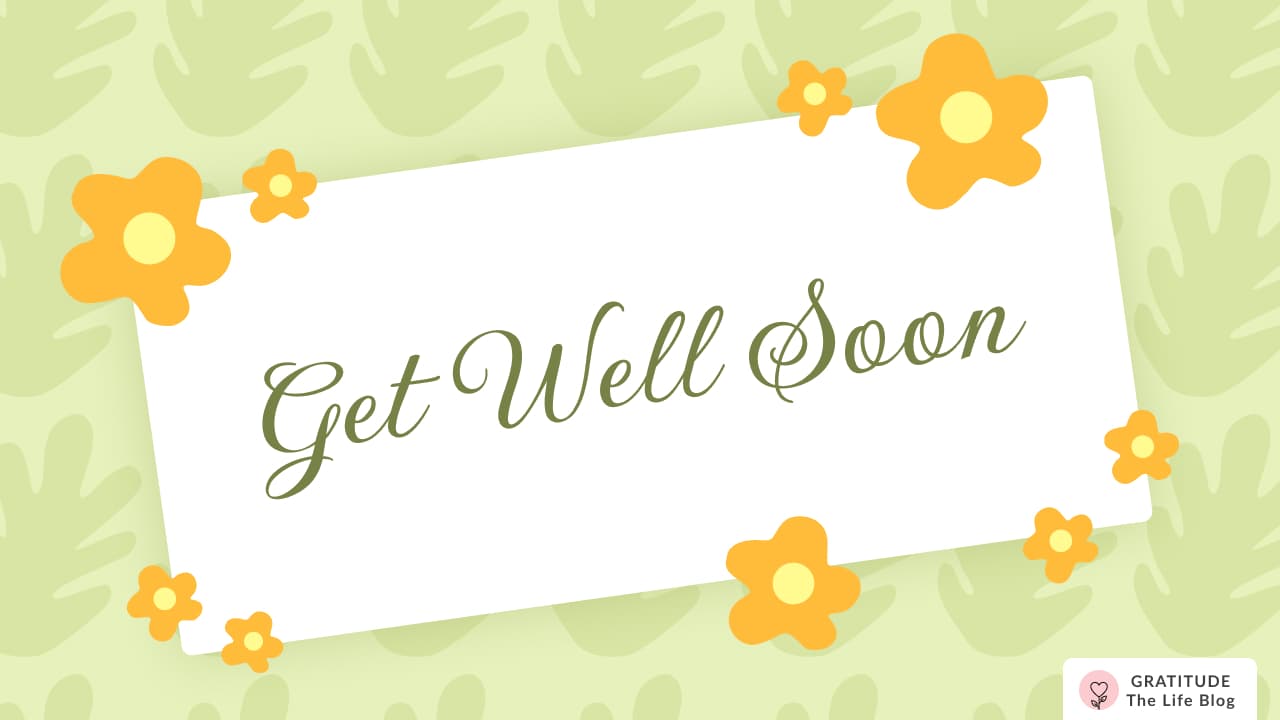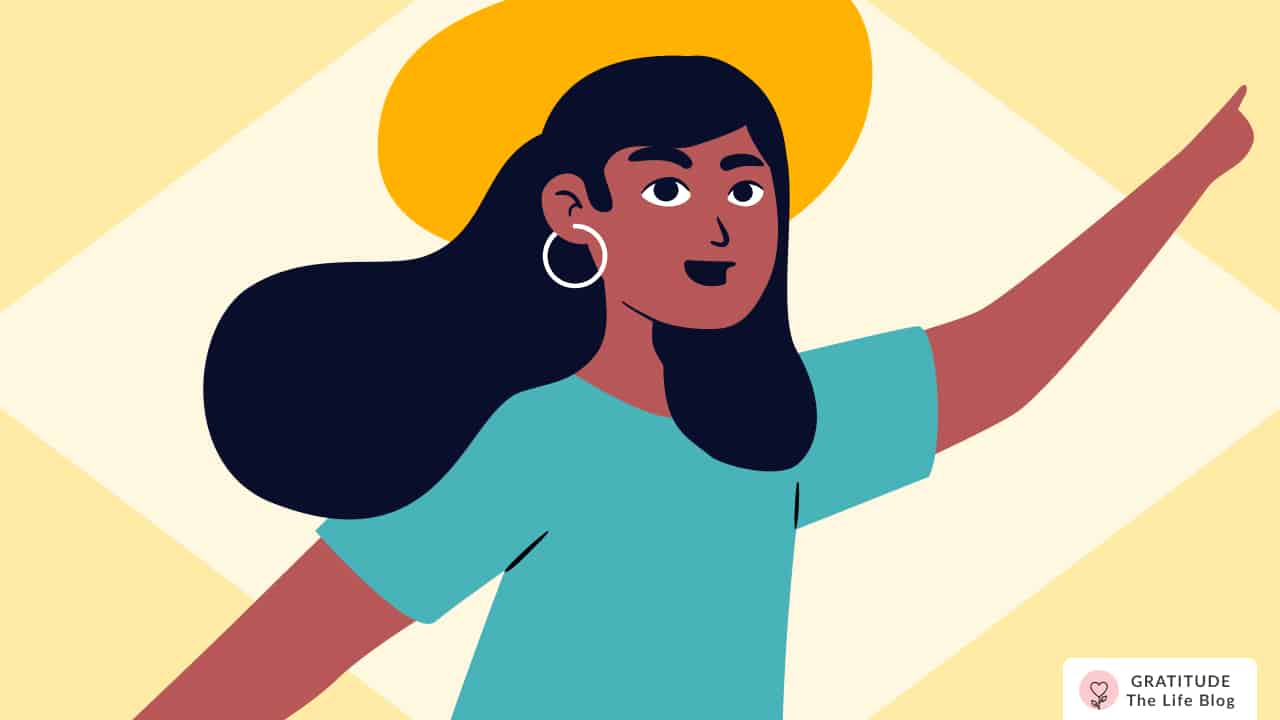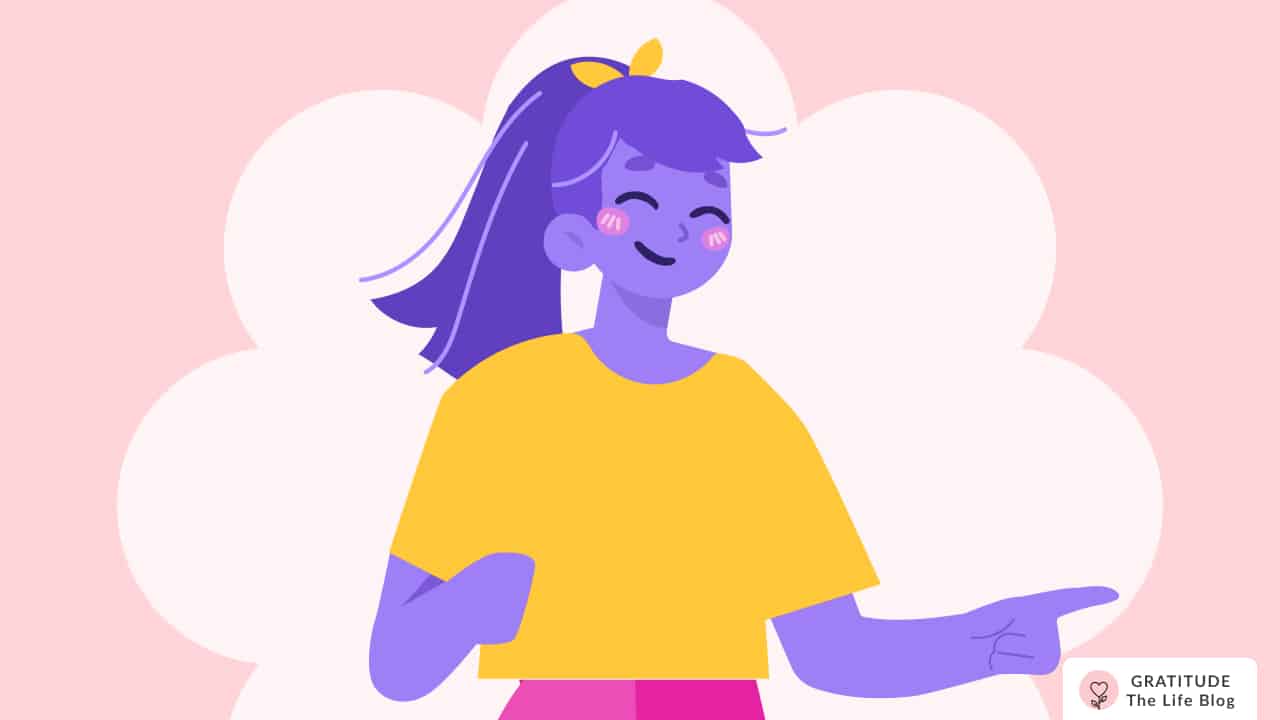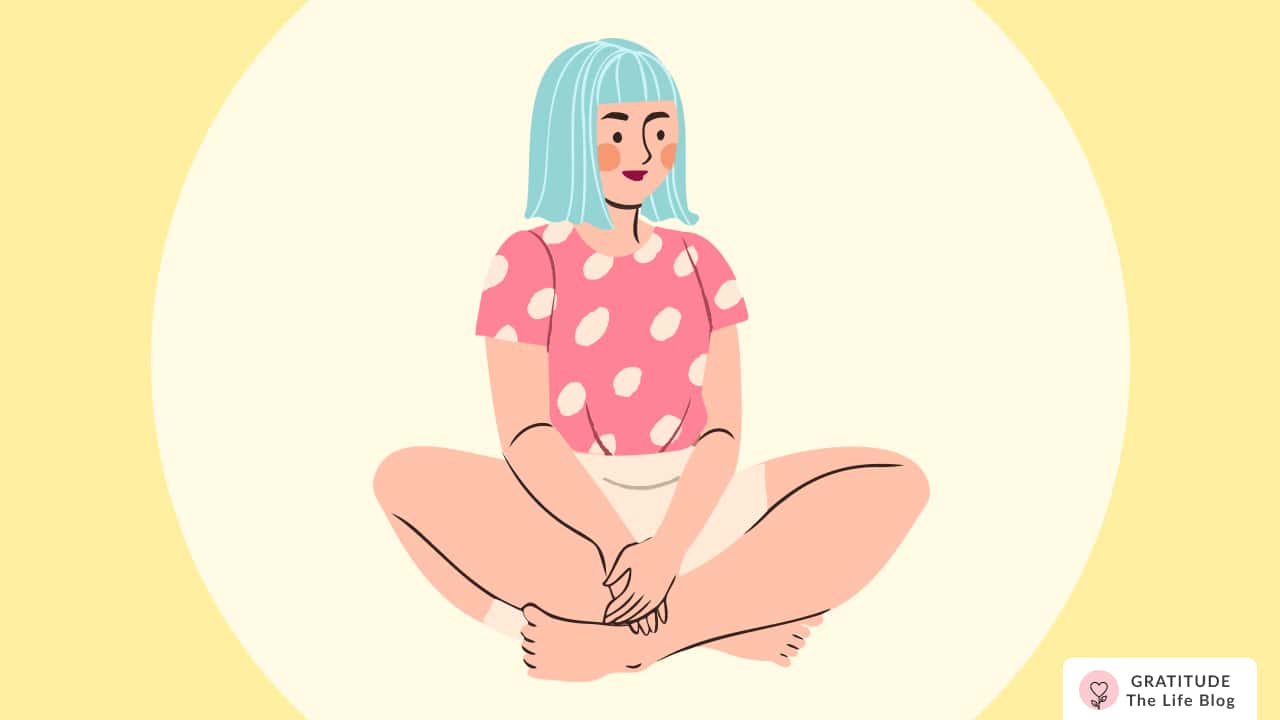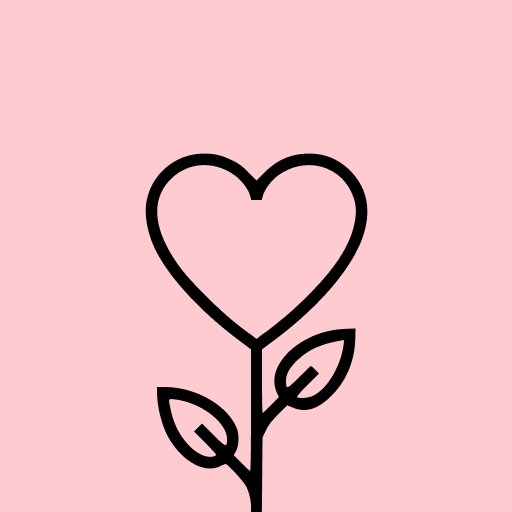Evelyn's Story - How gratitude changed my life
"I was seeing the word "gratitude" everywhere I went."

Approximately three years ago, I started my own gratitude practice. It has had a more positive impact on my life than any other decision I’ve ever made.
Prior to adopting gratitude, I was going through a difficult time in my life. My relationship was in the process of breaking down, a family member was battling a terminal disease, and I wasn’t taking very good care of myself.
I was caught in the familiar trap of eating poorly, not exercising much, working too hard, and often feeling tired and overwhelmed.
Knowing that I needed to make some changes in my life but not really sure where to start, I noticed that I was seeing the word "gratitude" everywhere I went.
Seeing this word so often grabbed my attention and intrigued me. Despite my skepticism that something as simple as expressing appreciation could make a difference to my state of mind, I was curious enough to give it a try.
Over the course of three months, I was humbled and amazed by the impact that focusing on gratitude began to have on my life. Day by day, I felt calmer and more at peace, and my overall energy levels and enthusiasm for life started to rise.
Within a couple of months…
- I was sleeping better.
- Exercising more.
- My mood felt lighter and more joyful.
- I had increased focus at work.
- I felt less stressed and irritable.
- I was happier and more content.
What this experience proved to me is that incorporating a gratitude practice into your life is one of the best and easiest decisions you can make for your own well-being.
It can help you make more positive choices, take better care of yourself, feel empowered, and develop a positive 'can do' attitude toward life.
It has now been three years since I started this journey of gratitude, and the benefits continue to grow and flourish, making it a very important part of my daily routine.
Why Should I Start a Gratitude Practice?
As humans, we’re not hard-wired to be grateful – it doesn’t come naturally to us. It’s often so much easier to grumble, complain, and think about all the areas in our life where we’re experiencing pain or hardship.
Sometimes it's not having enough money in the bank, or that our partner doesn't understand us, or the arduous commute we have to endure in heavy traffic to get to work each day.
Whatever the reason, it seems to be human nature to focus on what's going wrong in our lives or to dwell on what we don't have, leading to a sense of powerlessness over how we feel.
The downside of this habit is that it's incredibly seductive. The saying "misery loves company" holds a great deal of truth, and there's generally no shortage of people around us willing to indulge in our complaining.
When I look back at the sort of person I was three years ago, the lens through which I viewed the world was decidedly negative. I often felt like I had limited control over the events that happened to me and their impact on my life.
It felt normal to feel sad and to have low energy because that's what I told myself to expect when challenges hit. Phrases like "It's not fair," "Why is this happening to me?" and "Is this really all there is to life?" played frequently in my head, and I felt powerless to do anything about it.
A commitment to living a life of gratitude has thankfully reversed that attitude, but it’s a skill that takes practice and getting used to. As our gratitude practice becomes more sensitive by focusing on what’s good in our life along with all the blessings surrounding us, a certain magic begins to take hold.
It's as if we're sending a message out to the universe to say “More of this, please,” which then causes the positive experiences in our life to flourish and grow.

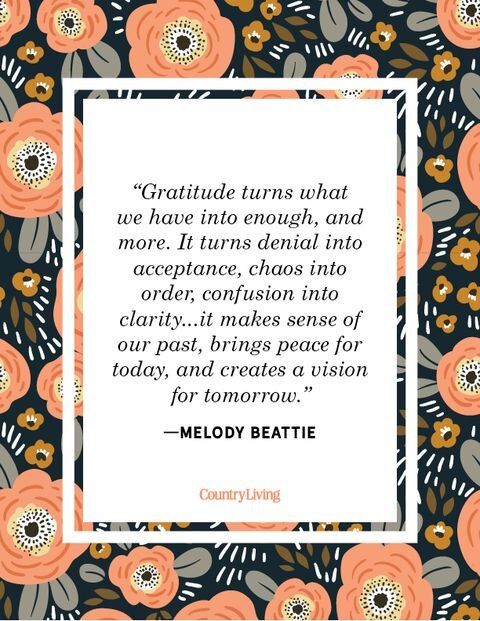

As you flex and work your gratitude muscle every day, it gets stronger. And as it develops, so does the realization and experience that it’s possible to have a choice about how we respond to the challenges and hurdles that life presents us, without getting sucked into a complaining mindset or feeling anxious about what we don’t have.
As a result, gratitude will impact and transform your life in so many ways:
- Contentment becomes stronger than dissatisfaction.
- Peace becomes stronger than frustration.
- Appreciation becomes stronger than criticism and complaining.
- Resilience to life’s challenges increases.
Overall, life just becomes sweeter and more enjoyable through practicing gratitude. And the happier and more contented we are, the kinder we become to those around us – meaning everyone who comes into contact with us begins to feel the benefits too.
My practice was pretty basic at the beginning. I would think of three things that I was grateful for when I woke up in the morning and another three things before I went to sleep at night.
Nothing fancy, and nothing detailed; my observations were simple items of appreciation like my health, my family, and having a nice place to live. Some days it was definitely harder to think of things than others, but I made myself go through the process every day.
After about a month, I noticed that I was becoming more aware of my surroundings and had a greater level of sensitivity to observe those moments that touched me and made me feel appreciative. Things like:
- the kindness and warmth of the barista who made my coffee
- the stranger who looked me in the eye and smiled at me on the street
- the joy I felt when I walked past a jasmine bush and inhaled its beautiful scent
As I was accumulating so many more items to choose from, I started to write the gratitude items down at the end of the day instead of just thinking about them. Science has proven that when you write about a happy event, your brain relives that experience, adding more power and weight to the gratitude exercise.
I now experience it as replaying a movie of the day in my head and capturing all the beautiful and precious moments on paper to keep in my gratitude jar, which is a hugely enjoyable way to end the day. There are many other ways to practice gratitude, though, and everyone finds a style and method that best suits them.
One study where participants were asked to write down their gratitude items for 21 days reported feeling more optimistic, less anxious, and sleeping better both immediately and for three to six months after the study.
Another study showed that participants who kept a gratitude journal for 10 weeks reported having fewer health problems and spending more time exercising.
One of the easiest ways to commit to any new habit is to connect with a group of like-minded people for support and encouragement until it becomes a natural part of life.
As I’ve described, the effect of gratitude is cumulative and the benefits ultimately change your perception of reality over time, so it’s important to have patience and persistence with your gratitude practice.

